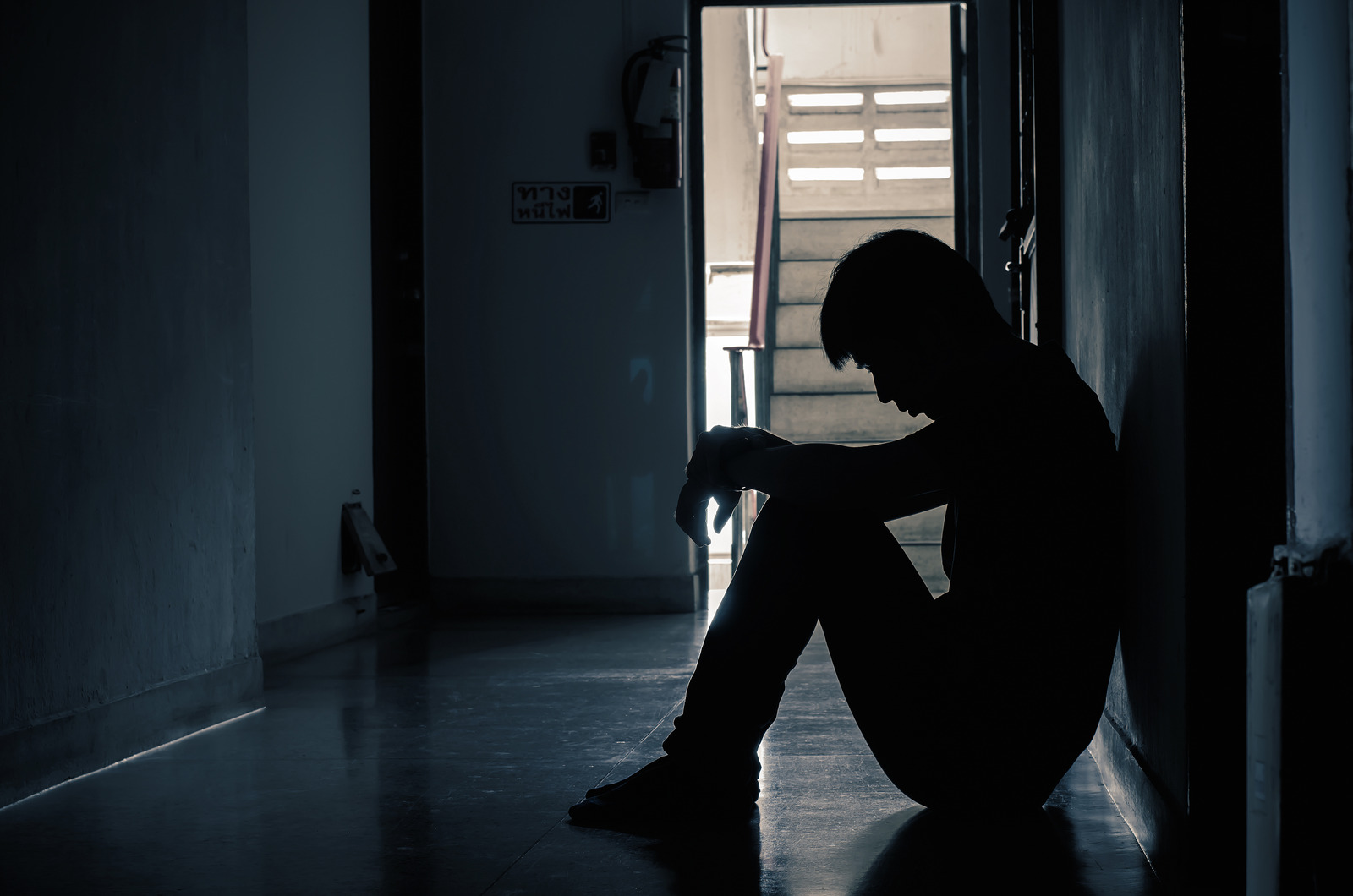Phencyclidine (PCP) is a hallucinogenic substance with mind-altering effects and a high potential for abuse and addiction. This potent drug was initially intended for use as an anesthetic but was pulled from medical applications due to the severity of its effects. Some effects of PCP include euphoria, hallucinations, irritability, disorientation, memory loss, detachment, and more.
PCP Drug Facts
PCP (phencyclidine) was developed as an anesthetic in the 1950s. However, the substance caused patients to become irrational, agitated, and delusional and was eventually discontinued. Today, it is a Schedule II controlled substance and is taken primarily for its euphoric, hallucinogenic, and dissociative properties.[1]
Common street names for recreational or illicit PCP include angel dust, supergrass, horse tranquilizer, cliffhanger, rocket fuel, Shermans, magic dust, Peter Pan, and lethal weapon. A typical formulation of PCP is a white crystalline powder that is snorted or inhaled, which offers the fastest onset of intended effects.
It can also be dissolved in liquid and applied to consumable materials like cigarettes or marijuana joints, which are then referred to as “blunts” or “dipped joints.”
What Are The Effects of PCP? How does it affect the body and the brain?
The effects of PCP, both intended and otherwise, cover a range of psychological and physical symptoms that range from mild to dangerous.
How does PCP affect the brain and central nervous system?
PCP is a non-competitive antagonist to the NMDA receptor and blocks the uptake of dopamine and norepinephrine.[2] This disruption to natural functioning can cause analgesia (diminished pain experience), cognitive defects, anesthesia, and psychosis. These interactions and effects can cause the brain to overreact, leading to feeling detached from reality and paranoid.
Intended Effects of PCP
PCP was initially formulated to be an anesthetic, which can have a sedative effect. However, other immediate effects of phencyclidine include:[3]
- Euphoria
- Lethargy or sedation
- Disorientation or impaired thinking
- Increased or distorted senses
- Agitation and irritability
- Memory loss
- Dissociation
- Sweating
- Numbness
- Increase in blood pressure and heart rate
How long do the effects of PCP last?
PCP is a fat-soluble substance, and symptoms appear quickly (1-5 minutes) after inhalation or injection and decline after approximately 4-6 hours.[4] The effects, intended or otherwise, will vary but can last several hours and up to 48 hours, depending on how much was taken and personal metabolism rates.[5]
Adverse Side Effects of PCP
The side effects of PCP are the physical and psychological effects that are undesirable or even dangerous but may be unavoidable. Some side effects related to PCP use include:[6]
- Increase saliva production
- Nausea and vomiting
- Amnesia
- Aggression or combativeness
- Acute anxiety
- Flashbacks
- Seizures
- Paranoia
- Coma-like state of unconsciousness
- Death
Because PCP is stored in the fat cells of the body, it’s possible to experience recurring symptoms days or even months after use.[7]
How long does PCP stay in your system?
The timeline for detecting PCP in your system will vary depending on several factors, including the dose taken, overall health, having other substances on board, and the rate of metabolism. In most cases, the effects can last up to 48 hours, but the highest levels of PCP appear in certain tissues and have a half-life of approximately 21 hours.[8]
Long-Term Health Risks of PCP

Continued or frequent use of PCP can take a severe toll on one’s physical and mental health. Some health consequences can last up to a year after PCP use is stopped. Long-term effects and health risks of PCP include:[9]
- Memory loss
- Speech issues
- Difficulty thinking
- Depressive symptoms
- Weight changes
- Reduced liver functions
- A prolonged psychotic reaction (lasts more than a month)
- Developing a tolerance to PCP
- Drug cravings
- Withdrawal symptoms if PCP use is stopped
- Lack of energy
- Traumatic injuries (due to diminished perception of pain)
Relational and Social Risks of PCP Use
Going beyond the physical and mental effects and health risks of PCP use, there are lifestyle consequences that are also associated with substance use disorders, specifically PCP use. Some of those consequences may include:[10]
- Disrupted education
- Negative impact on employment
- Impaired relationships (friends, family, coworkers, etc.)
- Interacting with the criminal justice system
What is PCP syndrome?
The psychological effects of PCP use can have lasting adverse effects, especially with frequent high doses and long-term use. Prolonged or heavy use of PCP can lead to a condition known as PCP-induced psychosis, which presents with symptoms that may resemble schizophrenia, such as delusions, hallucinations, and disordered thinking, particularly in individuals without prior psychiatric disorders. [11] It is specifically related to those with no previous psychiatric disorders. For those who do have preexisting psychiatric issues, PCP use may also exacerbate existing symptoms.
What are the treatment options for PCP use or substance use disorder?
Depending on the severity of the disorder, treatment options may vary from person to person. The severity of the psychological and physical effects related to PCP use may require an inpatient medical detox and ongoing treatment to ensure safety and success.
Residential treatment programs for substance use disorders, including PCP, may offer a range of therapeutic approaches, including traditional evidence-based therapies and additional supportive modalities, such as equine-assisted therapy, depending on the facility and the individual’s treatment plan. Every individualized treatment plan aims to build healthy habits supported by new, strategic coping skills and restore the balance of safe, natural functioning. Professional treatment is the runway to lasting wellness and a positive future.
Choose safety and healing. Help is available.
If you or a loved one are struggling with PCP use or another form of substance use disorder, help is available, and hope can be restored. Contact a team of qualified healthcare experts to point the way to healing and wellness. We will be with you every step of the way.

